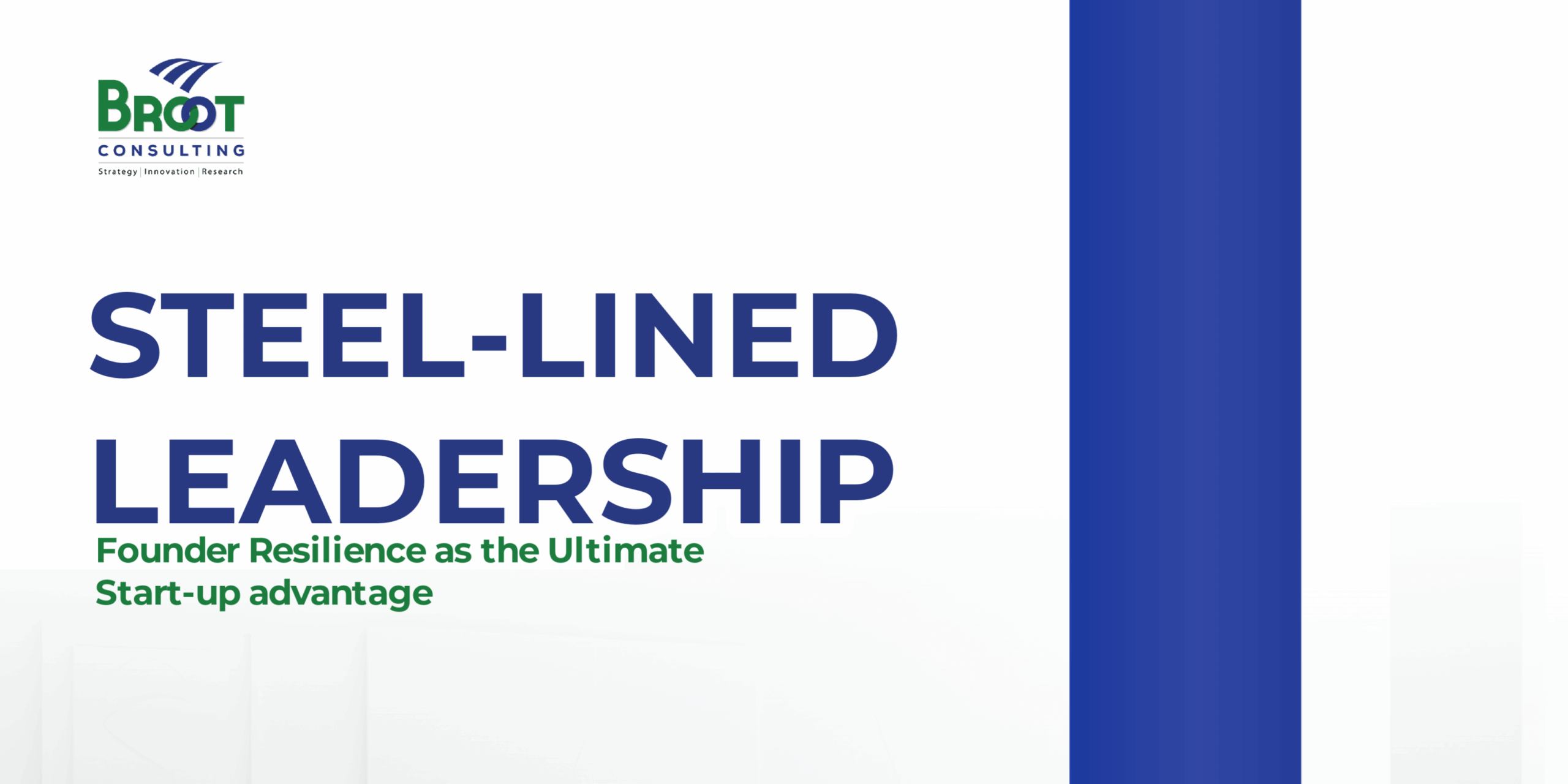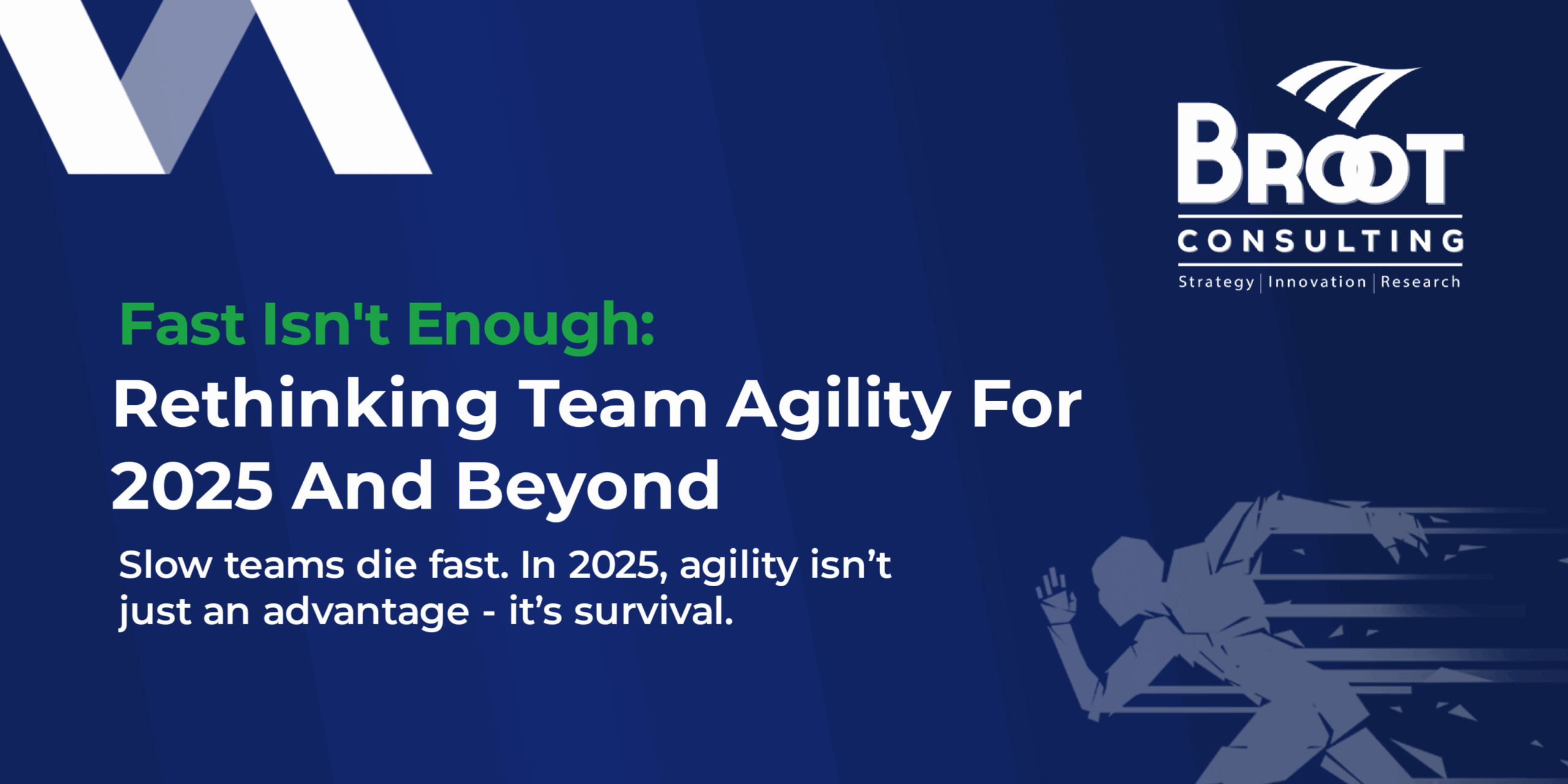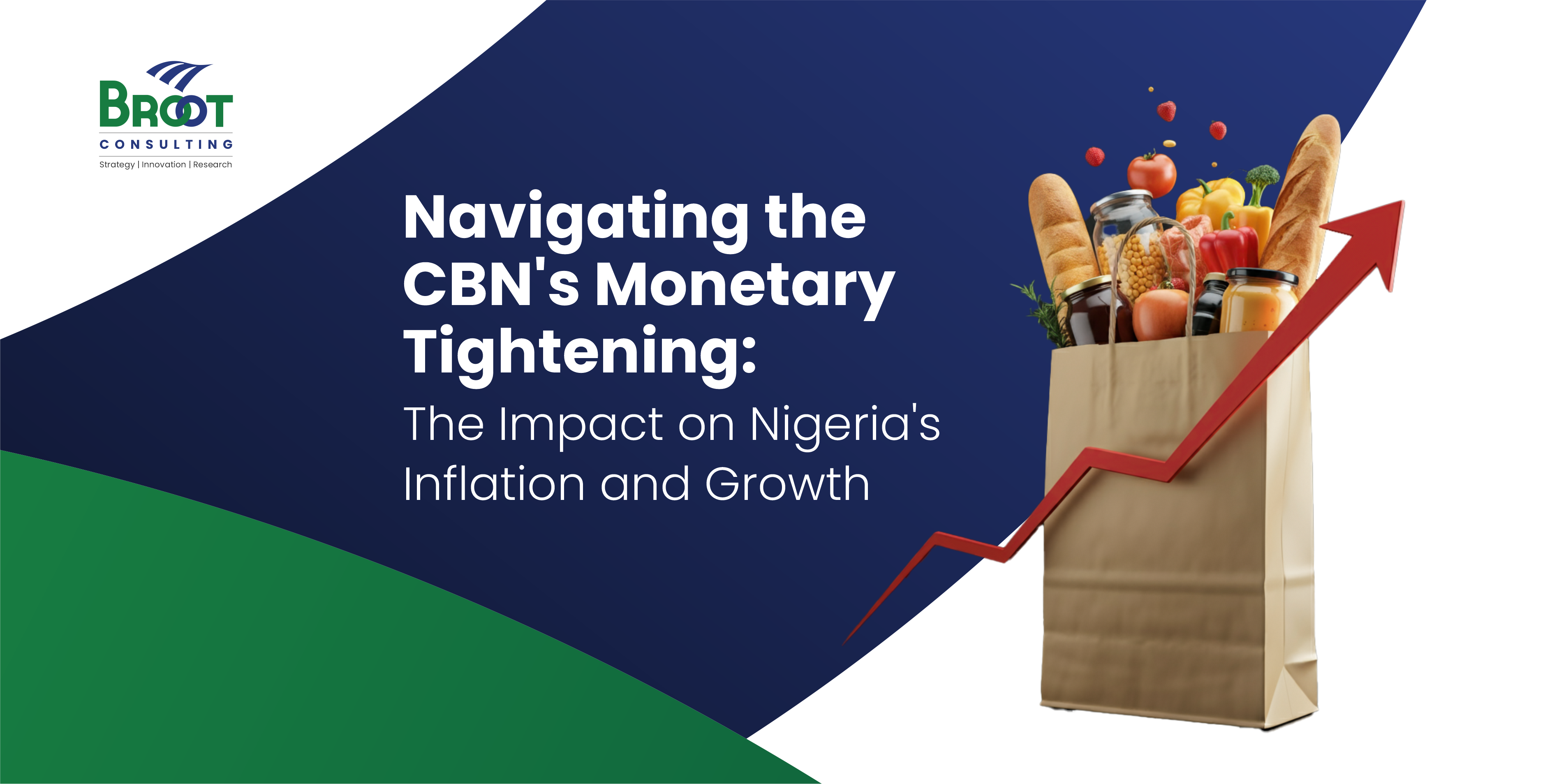Workers in different organisations voluntarily resign from their jobs for various reasons such as: inadequate compensation, lack of meaningful work, lack of work flexibility or other personal reasons know to them. A voluntary resignation from an organisation usually leads to applying into another for the same or similar role. However, recently in Nigeria, most people result in what is generally referred to as “Japa.”
“Japa” is a social slang that originated from the street of Lagos but is derived from Yoruba language which means “to run swiftly” out of a dangerous situation. For non-Nigerians, simply put Japa is the migration from Nigeria to another country supposedly for greener pastures or better life. This term can also be referred to as “Human Capital Flight”. Typically, Nigerians migrate to other developed countries such as the United State of America, The United Kingdom, Australia, Canada etc. While Migration is a common thing for Nigerians, the rate of “japa” has recently increased to an alarming rate. While some see this as comical, organisations and HR experts alike fear that this is gradually leading to talent scarcity and heightened war for talents. Now, this raises questions: Why are Nigerians “Japa-ing”? What does this mean for employers? What does this mean for the business? What does this mean for HR? How can employers and HR retain talent such that “Japa” can be minimised or managed?
African Polling Institute (API) conducted a survey in 2020 on why Nigerians are emigrating to Canada. In the survey report titled “Deconstructing the Canada rush”, it was revealed that 56% of Nigerians are dissatisfied with their lives and 68% of Nigerians had plans to emigrate as of 2019. The percentage increased to 73% of Nigerians willing to emigrate to other countries at the time of the survey. Overall, 75% indicated that they are emigrating for better career opportunities. The growth in emigration rate was formerly peculiar to the health industries as doctors and other health practitioners get trained in Nigeria only to seek for greener pasture in other countries. However, it seems every industry is feeling the impact of Japa as HR professionals and people generally on social media are voicing their frustration or an opinion on this. In the words of Miriam Moyse, a recruitment specialist, “Japa season was a phenomenon in the health sectors as Doctors leave the country to a place where their skills are more appreciated and compensated”. Based on a report by PUNCH in May, 8983 Nigerian trained doctors were working in the UK as at November 2021 and a total number of 727 got licensed between December 2021 to April 2022 while over 7, 000 professional nurses leave the country for greener pastures yearly. It was indicated further in the report that this has worsened the doctor to population ratio as it is now one doctor to 5400 people. The growth in migration rate is no longer limited to the health sector, it cuts across banking, manufacturing, oil and gas and sector.
Words on twitter street is that the industry most hit by the Japa trend is the banking industry in Nigeria (see image 01). Apparently, this seems to be more pronounced in their Tech department as many twitter users confessed to experiencing a downtime or low signal using their banking apps. In fact, a twitter user “O’Seun” who used to work in a Nigeria bank as a Relationship Manager confessed to relocating to Canada (see image 01). To those who think this is the usual twitter joke, a report by Daily Trust news in April 2022 confirms that indeed the Nigeria banks are mostly affected by Japa. In the report, CEO of Sterling bank Plc, Mr. Abubakar Suleiman was quoted saying “So many of our very experienced talents especially in the area of software engineering are either leaving the industry or leaving the country”.

Another confirmation is with Leadership NG where it was reported that not less than a thousand bank staff have emigrated to other countries. In the report, Mr. Ken Opara, the president of the Chartered Institute of Bankers of Nigeria (CIBN) was quoted saying “the success plan is hindered, and productivity affected, many (often young ones) leave after they’ve been trained which leaves the commercial banks to go through the training process again and suffer talent drain”.
Now to answer the overriding question earlier asked, “How can this be managed?”
- Optimise your employee experience: In the African Polling Institute survey report above, it was revealed that 73% are of those who emigrate are emigrating for a better career opportunity. This shows that employers need to do more/better in terms of improving employees experience on all fronts. Gone are the days when employees do not have a choice or when they are willing to settle. Myriad of companies abroad are offering enticing opportunities to talents willing to emigrate their home countries. Some are even going as far as coming to Nigeria to head hunt. An example of this is the recently conducted Amazon event (see image 01) that appeared to be designed to lure Software Developers willing to relocate abroad. Amazon is a renowned American technology company that has managed to brand itself impressively as an employer. To compete against international organisations like Amazon, Nigerian organisation have their work cut out for them. This is not to say it undoable, but it will take intentional employee experience optimisation and strategic employee retention plan.

Image 02
Companies are offering to woo our talents; it is high time Nigerian employers start doing the same locally. To do this, according to Samuel Oyekanmi of Nairametrics, Nigerian employers should start seeing Japa as an opportunity to :(i) acknowledge their loyalist through pay raise (ii) promote their junior level employees (iii) start paying their high performers or all employees in USD.
- Leverage on remote work: During the pandemic organisations worldwide did not have a choice but to covert to virtual. One lesson the COVID 19 taught us all is that running an organisation remotely or working remotely is a possibility. In fact, one could even say that it may have more advantage than disadvantage for both the employer and the employee. For the employer, it means saving on running cost like energy bills, rent etc. and for the employee it means saving on transportation, avoiding time waste on commuting which may also improve emotional wellbeing. With that being said, Nigerian organisations need to spread their net wide when recruiting by targeting talents in an overlooked areas. As stated in a report by ITpulse an African continent ICT news website, this will be a way to provide opportunities for underutilised talents in the rural areas and villages who will be happy to work remotely.
- Understand Gen Z and Millennials’ needs: To those who are wondering, Gen Z and Millennials (or Gen Y) are those who were born between 1997-2012 and 1981-2000 respectively. If you asked managers managing Gen Z and millennials at work, one thing they will have to say in common is that “they are a different breed of workers”. There has been a lot of controversies and especially jokes on social media on Gen Z workers and their attitude to work and life in general. But it is best to make our conclusions on the result of the research conducted by ThouhtExchange on “Gen Z at work”. These are the key findings from the report:
- 34% plan to stay at their company for 5years
- 28% plan to stay indefinitely
- 58-73% would leave a company because of differing values
- 89% would leave a job within a year if they do not feel heard at the job
- 96% indicated that it is important that they feel valued at work
- 80% prefer a job that will allow them to explore and grow various skillset
- 79% Value a manager that will be invested in their personal development
- 89% will leave a company that does not include them
Let’s put a pin on this report and go to an article by Edward Segal of Forbes in March on the challenges of managing Gen Z. In summary the article had a summation of feedbacks from business executives/leaders (leaders like Max Benz CEO of BankingGeek, Dave MacLeod CEO of ThoughtExchange and others) on their experiences managing Millennials and Gen Z. Some of the feedbacks were: “Leaders need to rapidly shift towards involving their people”
“A challenge is helping them build work ethics as they are used to being rewarded for participation and effort rather than results”
“You have to set clear expectations for them”
“They lack discipline and are very impatient”
“They demand freedom”
“One needs to adapt to lead them better as they all have varied form of motivations (Some want growth, some pay and others freedom)”
According to Statista 2020 statistics, Nigeria labour force is predominantly made up of age range 25years -34years old (see image 03). These are clearly Millennials and Gen Zs. With Gen Zs dominating the Nigerian workforce, for an organisation to enhance employee loyalty, they must put into consideration the needs of this generation and find ways to meet them.

Image 01
4. Remove the age ceiling: most recruiters blatantly advertise by saying fresh graduate who are over 25years of age need not apply, this discriminatory practice needs to be overhauled given the struggle most individual goes through to acquire education in the face of perennial poverty that compelled many to suspend school, gather some money over the years so they can sponsor themselves in school. What many employers don’t realise is that people in this category have higher chances of being entrepreneurial, hardworking and loyal to their employer because they have passed through life experience to make it that far.
To sum up, what is certain and clear is that a new dawn of work is here, where the workers are in charge and in control. Employers and HR need to buckle up and devise new ways to keep their employees loyal. Adieu to the days where little is expected and accepted from employers!
DOWNLOAD ARTICLE

By Dola Akinniranye
Senior Human Capital Consultant at BROOT Consulting and DesignThinkers Agency & Academy Nigeria




